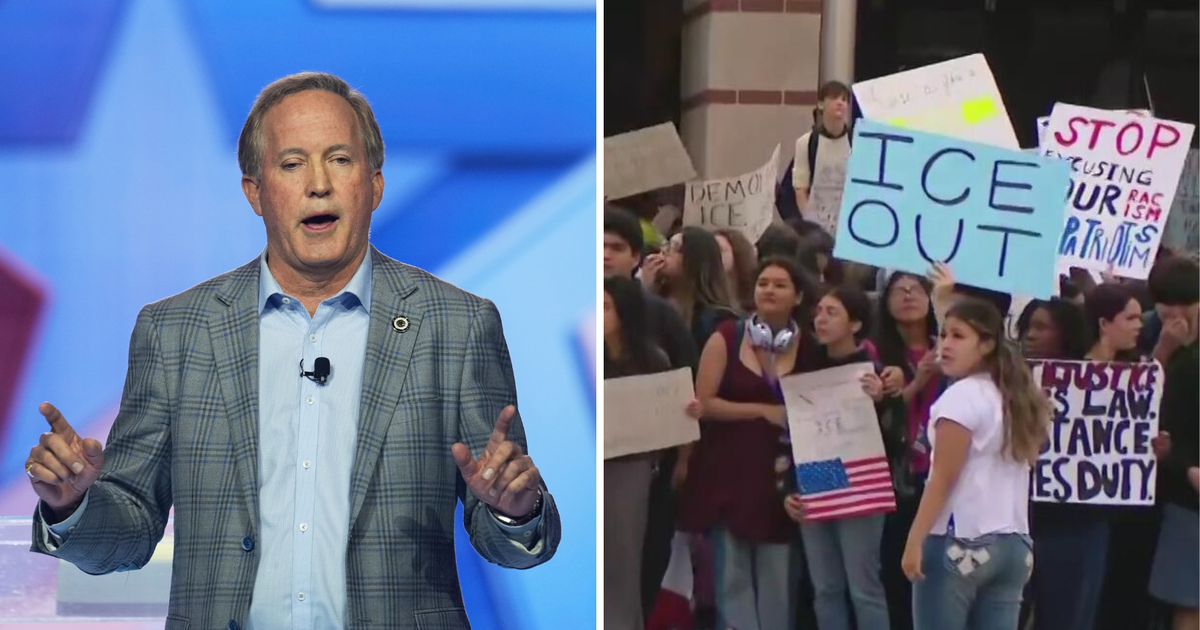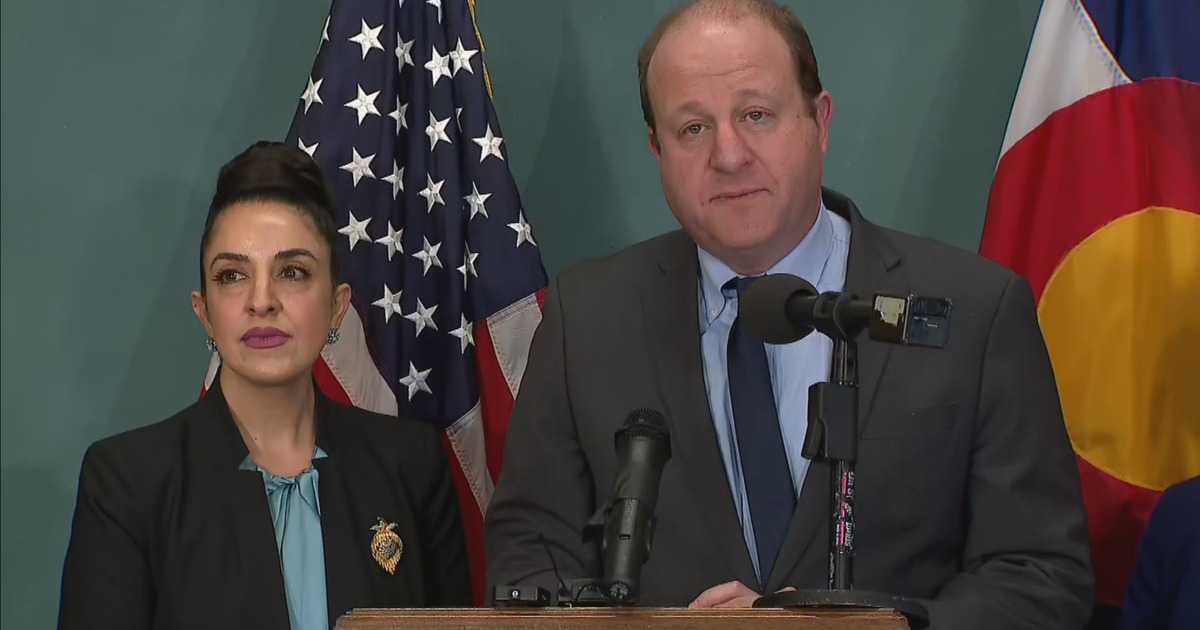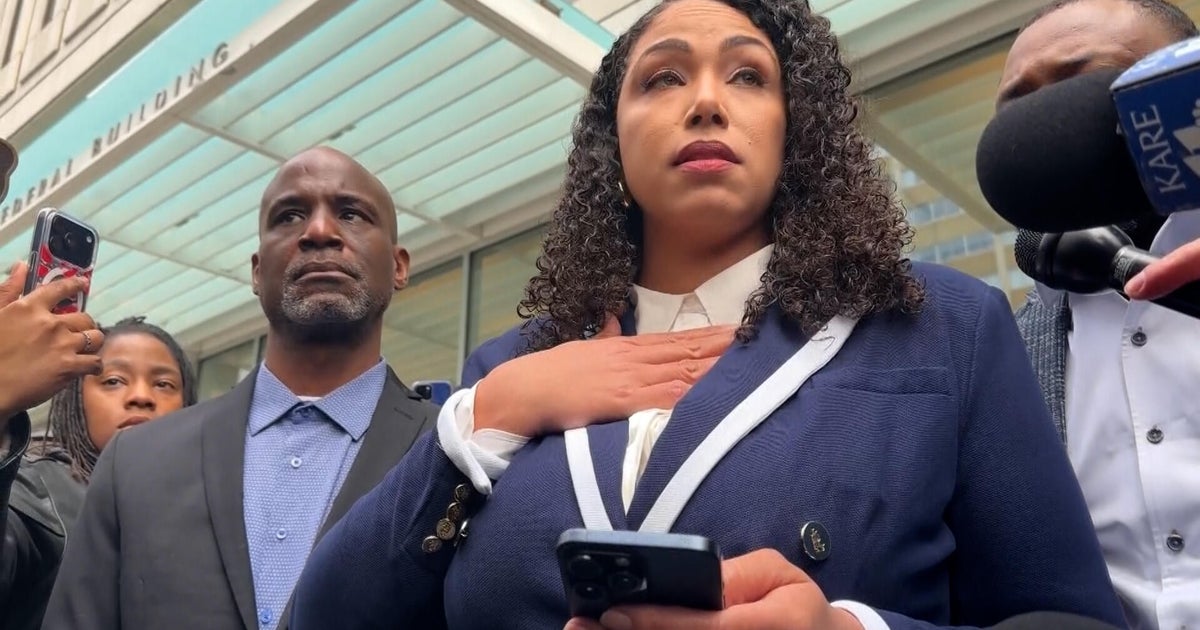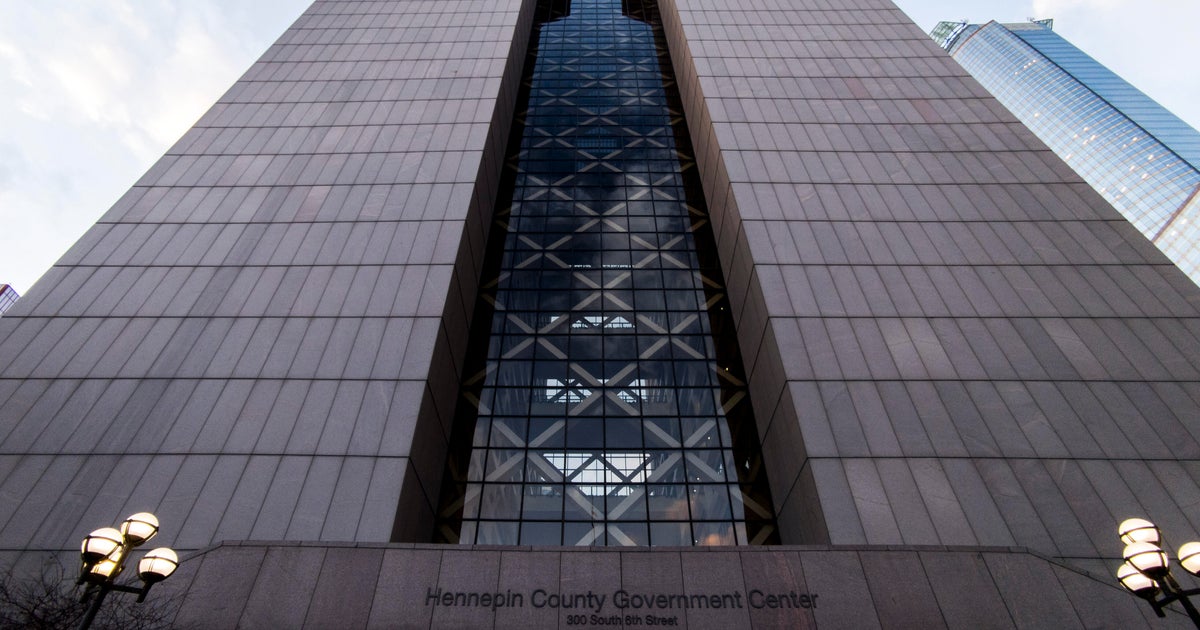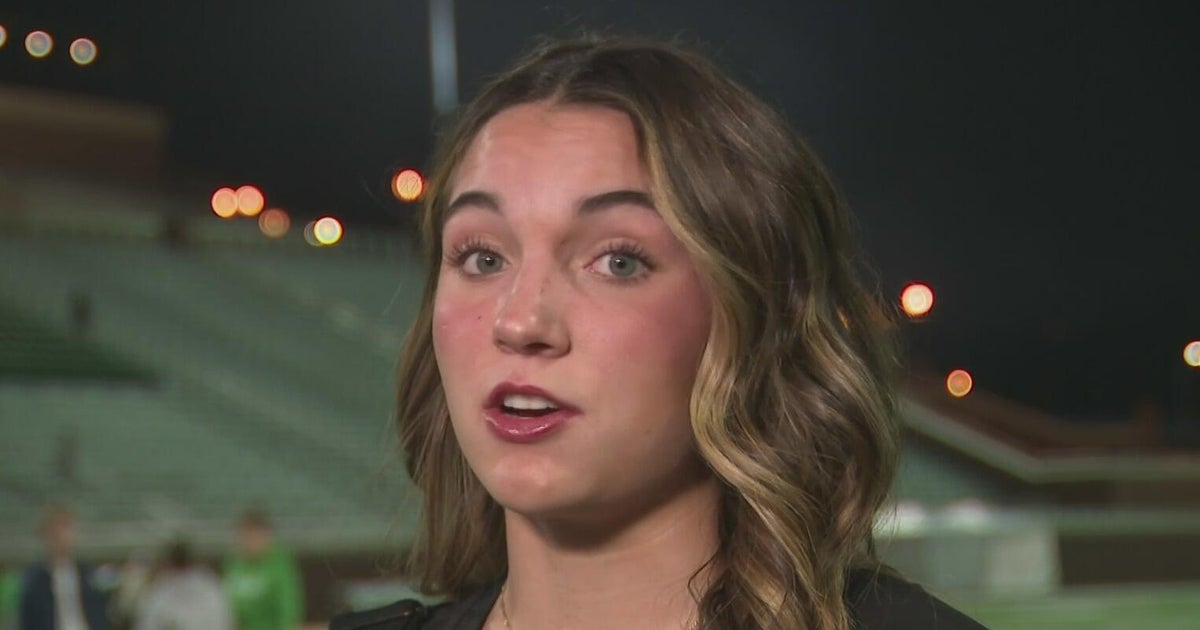Texas AG Abbott Challenges Fed's Voter ID Blockade
DALLAS (CBSDFW.COM) – The state of Texas wants to challenge the constitutionality of Section 5 of the 1965 Voting Rights Act, a key provision of the historic federal legislation.
Under Section 5, Texas and a dozen other states must get each voting change at every level pre-cleared by the U.S. Justice Department.
This week, the DOJ rejected the state's new photo ID bill and now the Texas Attorney General wants to put Section 5 on the fast track to the nation's highest court.
It's not a welcome development for some minorities in Texas.
Former LULAC National Director Hector Flores remembers when there were unfair barriers to voting in the South, like poll taxes and intelligence tests.
He said he opposes changing the Voting Rights Act.
"When I turned 18 I had to pay a poll tax –– I think it was $1.75 or $2.75 –– and people had to decide 'Do I buy a gallon of milk for my family or do I go vote?' Well, people are going to take care of their family first, right?"
He then added, "What is factual in Texas is that there's been discrimination here historically, and you can't get away from that. And that's why the Voting Rights Act protects all of us here in the South."
But the Texas Attorney General doesn't see it that way.
On his website, Greg Abbott says, in part, "The U.S. Supreme Court has already upheld the constitutionality of laws requiring voters to show a photo ID." In states not covered by Section 5, he says that fact "denies Texas the ability to do what other states can rightfully exercise under the Constitution."
The county sub-courthouse in Oak Cliff is one of the busiest polling places in Dallas County. It hosts not only Election Day voting, but early voting as well.
A random sampling of voters got a response similar to Flores's.
"Too many states have these individual things going on for their own benefit," says Waymon Judie, who is African-American. "I'd prefer it to stay like it is."
Kawanie Lynn, who is also black, says, "Being a minority I think, yes, we should stick with whatever the government's law is."
Political analyst John Weekley agrees, but only to a point.
"I personally think the Voting Rights Act was necessary," he said, because of barriers to voting in the early 1960s, "And you didn't have the protections for the sacred right of voting that you have today."
Weekley said he believes times have changed and so should Section 5.
"You see hardly any institutionalized efforts to keep anybody from voting, and Republicans and Democrats, and Libertarians in this state are adamant about trying to turn out people to vote." He adds, "The Supreme Court has also ruled that Voter IDs –– picture IDs –– are not an infringement of voting rights."
He also says that American society 50 years ago wasn't nearly so mobile as it is today. Back then, election judges likely knew voters on sight.
"So, they could tell if someone came in representing themselves as someone who died two years ago they knew it—they were probably at the funeral. Today, with a highly mobile society, you can't know."
There is no word when, or if, the courts will act on the Texas challenge.

